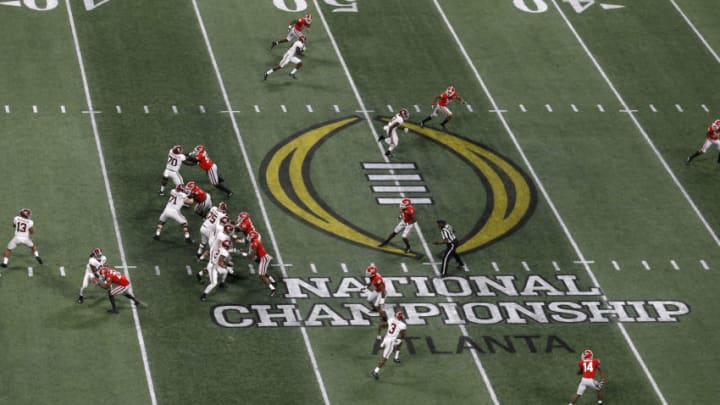Big Ten football could be driving change in the NCAA. The B1G athletic directors have proposed a change to how injuries are reported in college football.
Big Ten commissioner Jim Delaney and the conference’s athletic directors have been pioneers of the sport. In 2004, the conference became the first in college football to use instant replay which was later adopted by the rest of the conferences. In 2007, the Big Ten Network was launched, leading to massive profits and national exposure for the league’s teams. Of course the announcement of Nebraska joining the league in 2011 kicked off the seismic league expansion around college football.
Now the conference is looking at changing the sport again. As a result of the U.S. Supreme Court’s decision to allow states to legalize sports gambling, the Big Ten ADs have asked the NCAA to develop a national college football injury reporting system. Their reasoning is that this type of system is necessary to protect the integrity of the sport.
In their proposal to the NCAA, the Big Ten used the NFL as an example, with their practice participation reports in days leading up to a game. A college football injury report would not necessarily follow the NFL’s model, but could be similar.
This proposal would change how coaches deal with their reporting of player injuries. Gamesmanship would be a thing of the past if the proposal became reality. Many of today’s coaches keep injury reporting to a bare minimum. Some even go as far as not even releasing a weekly depth chart.
There are other things to consider. One is that a national injury report would seem the NCAA is supporting sports betting. With it now being legalized across the nation, there are legitimate concerns about the sport’s perception of fairness. Also, there are student privacy laws to consider. Players would have to consent to have any of their medical information released to the public.
Next: 5 must-have features in a new NCAA football game
Overall it is an interesting proposal from the Big Ten. We should not expect the NCAA to move quickly on it. However, as more states get on the sports gambling train, it is something to keep an eye on over the next couple seasons.
